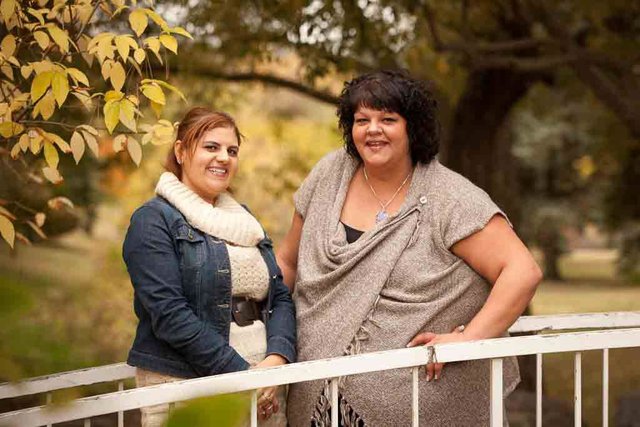Prevent Childhood Obesity
Prevent Childhood Obesity
Childhood obesity is one of the biggest global health crises of modern times. Like many global health crises, the most unhealthy factors contributing to childhood obesity go largely unchallenged and unmasked. Childhood obesity, like many other causes of illness, has the potential to harm many children, but also their future. Childhood obesity affects not only children but their families.
Prevent Childhood Obesity
The wellness impact of obesity is likely to increase in the years to come, with all of the adult consequences of childhood obesity. Childhood obesity puts the whole family at risk. Diabetes and heart disease, which are two of the major conditions experienced by adults, can also be experienced in children. A new study found that more than half of all obese kids under the age of 5 had a record of cardiovascular disease, implying that obesity could become a major health concern for children even at a younger age.
Childhood obesity also impacts children’s educational ability. Because childhood obesity (not just overweight) can affect kids’ cognition, the knowledge and skills a child has are likely to be stunted. Therefore, a child with serious obesity struggles in schools—perception and achievement test scores show children with high body mass index scores struggle academically. In recent years, policies were passed to help increase kids’ eating habits, but there is no one silver bullet, and other factors lead to childhood obesity as well.
These are just some of the possible long-term health consequences of childhood obesity, and one of the reasons why it’s important to recognize childhood obesity is to bring awareness to parents, both of whom have the means to address childhood obesity. According to the CDC, 1 in 3 children in the United States are overweight or obese, and its causes are still difficult to pinpoint. Childhood obesity can be prevented, however, with just a few simple measures on the household front.
Drink More Water.
Is it possible to avoid childhood obesity? Not entirely, but you’re turning ways of preventing childhood obesity by drinking more water. Drink more water daily than the national daily recommendation, which is about 50 ounces. Children need hydration more than adults, as dehydrated children are more likely to have cognitive deficits, including slower reaction times and reaction issues. Drinking less water than recommended is problematic, but not nearly as problematic as excessive weight gain. Many of us drink a lot less water than a large range of other people do, including some of our closest friends. So, it’s not really that hard to make changes that may improve drinking habits. This recommendation comes in the form of a well-known chart, with a few suggested ways on how to best attain this recommendation.

Socialize. Off the couch.
Don’t text messages to a friend or listen to music while around children or adults. Kids are different. They can listen to music in a way you wouldn’t be comfortable with adults listening to music. Listen to music from your old neighborhood to kids from that neighborhood if you can. Changing styles of music if you’re trying to deal with your own reinvention and cultural identity can inspire your kids to follow your lead.
Take a Walk. Walk outside at least once a day.
In addition to being a physical activity, walk outside with friends or gather a group of friends to walk. Take at least one walk a day if you’re able. The CDC suggests children walk an average of one mile a day. There are many walking paths in the country available to all children as long as they can complete a required activity.